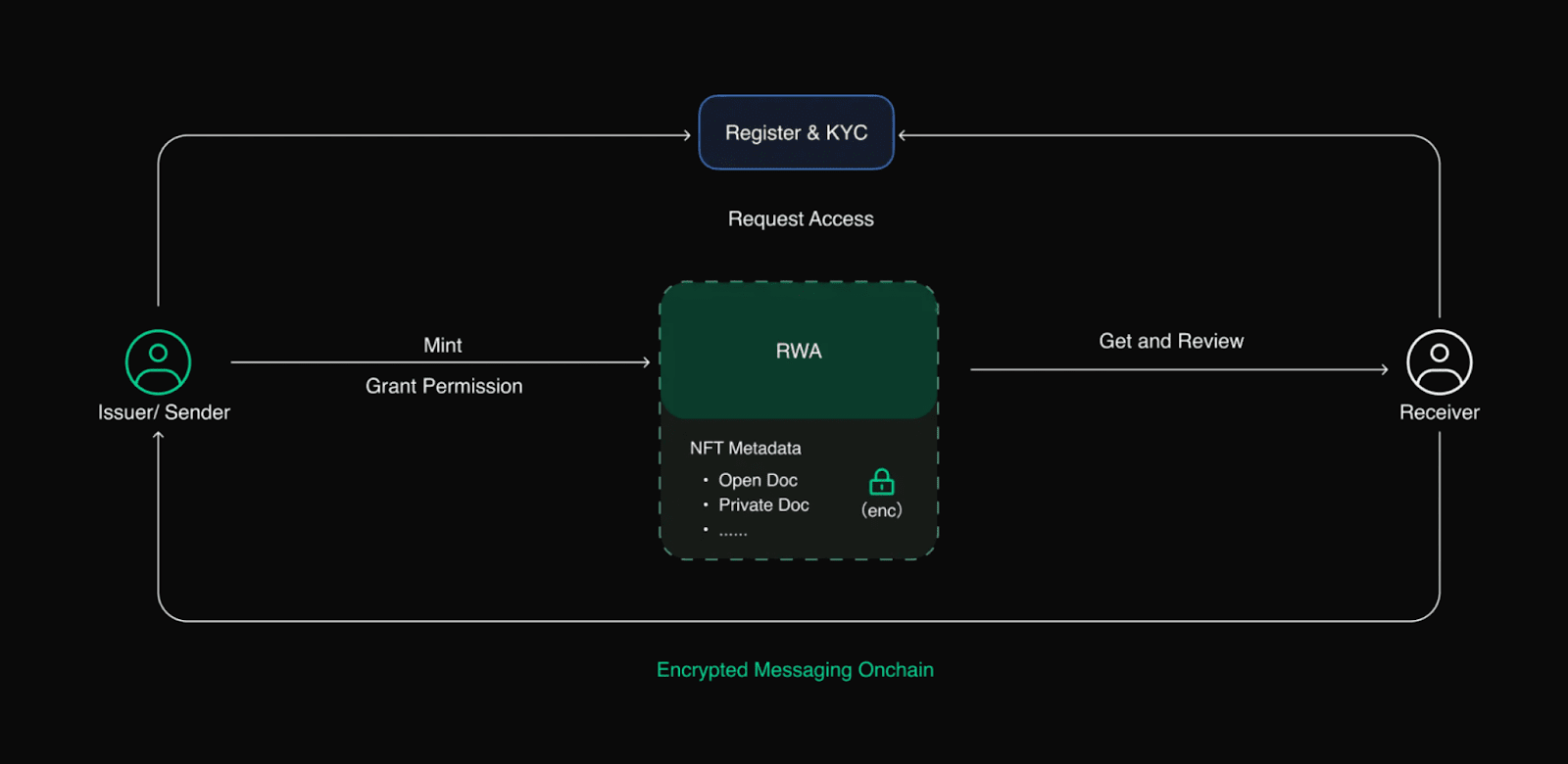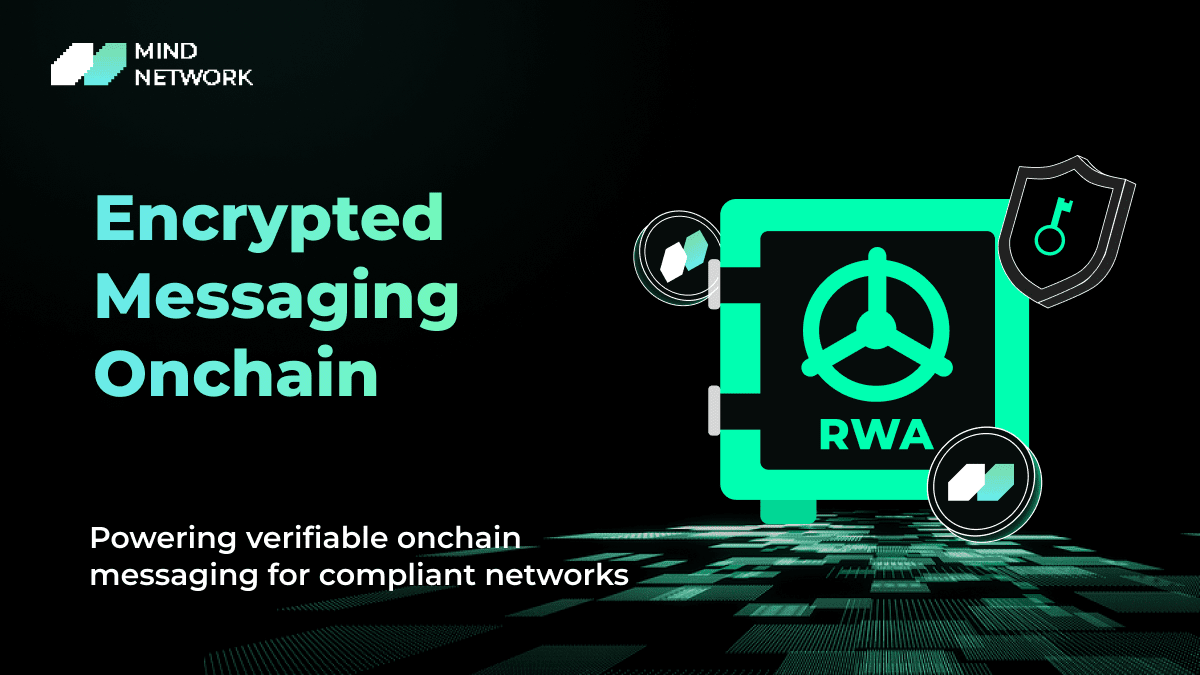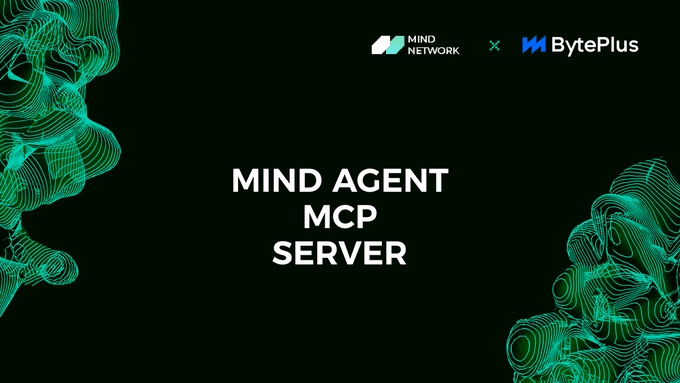Sometimes I wonder why we need on-chain encrypted communication?
In web3, we have become accustomed to 'transparency' — every transaction, every data packet, is publicly traceable. Transparency does indeed foster trust, but it is not always suitable for all scenarios.
Transparency is not a panacea. You wouldn't post your bank card password on the community bulletin board, right?
Cross-border payment receiving information, real estate contracts, financial settlement instructions — if these contents are exposed nakedly on the chain, it not only poses privacy risks but may also touch the regulatory red lines of various countries.
The reality is that most public chains' communication is still stuck in the 'naked chat' era: no message layer, no semantic information encapsulation, let alone encryption. Complex transactions, compliance checks, and multi-party collaboration become cumbersome on such chains.
Mind Network's solution: Encrypted Messaging Onchain
The on-chain encrypted messaging protocol proposed by Mind Network (Encrypted Messaging Onchain) is designed for this application; it effectively wraps every word on the chain with an 'envelope' and a 'lock,' which can only be understood by those who have the key.
What it can do:
Structured encryption: for example, when NFT-izing real estate, wrapping contracts, transaction documents, etc., into encrypted metadata, with no decryption possible without authorization.
Privacy auditability: data on the chain is tamper-proof, but plaintext is not publicly disclosed and can be decrypted for regulators if necessary.
The missing encryption logic native to EVM: using FHE (Fully Homomorphic Encryption) + ZKP (Zero-Knowledge Proof), allowing the chain to perform calculations and verifications without seeing the content.
This is somewhat like moving the SWIFT banking messaging system onto the chain — not just transmitting data but also sending 'secure letters' with encrypted instructions, currency information, and KYC proofs.

RWA and the implementation of more scenarios
This protocol is not just theoretical; its application in the RWA (Real World Assets) field is very intuitive:
Cross-border trade: encrypted reporting documents, customs information, supply chain invoices, reducing the risk of data leakage.
Financial derivatives: instructions for interest rate swaps and foreign exchange settlements can be transmitted encrypted to ensure transaction security.
Taxation and auditing: transaction details encrypted and archived, can be authorized for compliance departments to verify.
I personally believe that RWA itself is a combination of 'privacy + compliance.' Without secure communication, traditional assets will not feel secure on the chain. Mind Network has hit the nail on the head here.
Partnering with ByteDance's ecosystem: a bridge between Web2 and Web3
Mind Network is not only self-rotating in the Web3 world; it has directly cut into Web2's top ecosystem. It is the first Web3 company to collaborate with ByteDance's ecosystem, signing an MOU with BytePlus to implement two major scenarios:
Lark (Feishu) with 40 million users: in the future, multinational companies will initiate on-chain trade settlements on Lark, with information encrypted throughout the process, and only authorized individuals can see the details.
COZE AI Agent platform: an Agent platform under Byte, Mind Network provides data privacy protection to ensure that AI does not leak information while processing data.
This means that the capabilities of on-chain privacy and trustworthy computation are no longer just a technology experiment within a small circle but can reach tens of millions of users through mature Web2 platforms.

Trustworthy AI and Agent Reputation
If the on-chain encryption protocol solves 'how to transmit securely,' then the MCP (Model Context Protocol) solves 'how to verify whether the transmitted content is trustworthy.' The problem is very real: AI Agents might output nonsense, be tampered with, or even impersonated.
Mind Network's MCP protocol does three things:
End-to-end encrypted reasoning: encryption throughout the entire process from input to output.
Remote proof + ZK verification: confirming that the model indeed ran the original logic without substitution.
Agent-level reputation system: no longer relying solely on subjective scoring, but rather assessing trustworthiness based on historical behavior data.
In my opinion, the potential here is enormous. In the future, AI will increasingly resemble 'digital employees,' and digital employees need verifiable 'credentials,' which is exactly what Mind Network is currently working on.

The value of Mind Network is not just another public chain but in filling the missing communication language layer in blockchain while pushing the concepts of privacy and trust towards the intersection of AI and RWA.
It has two advantages:
Technical hardcore: FHE and ZKP implemented in real scenarios, rather than just staying in laboratories.
Precise ecological entry: Web2 portals like ByteDance and Alibaba Cloud allow its technology to be directly accessed by tens of millions of users.
In the future, if the on-chain economy is to truly connect seamlessly with the real world, encrypted communication protocols like Mind Network and trustworthy AI verification mechanisms will be the most critical piece of the puzzle.
#RWA #MindNetwork